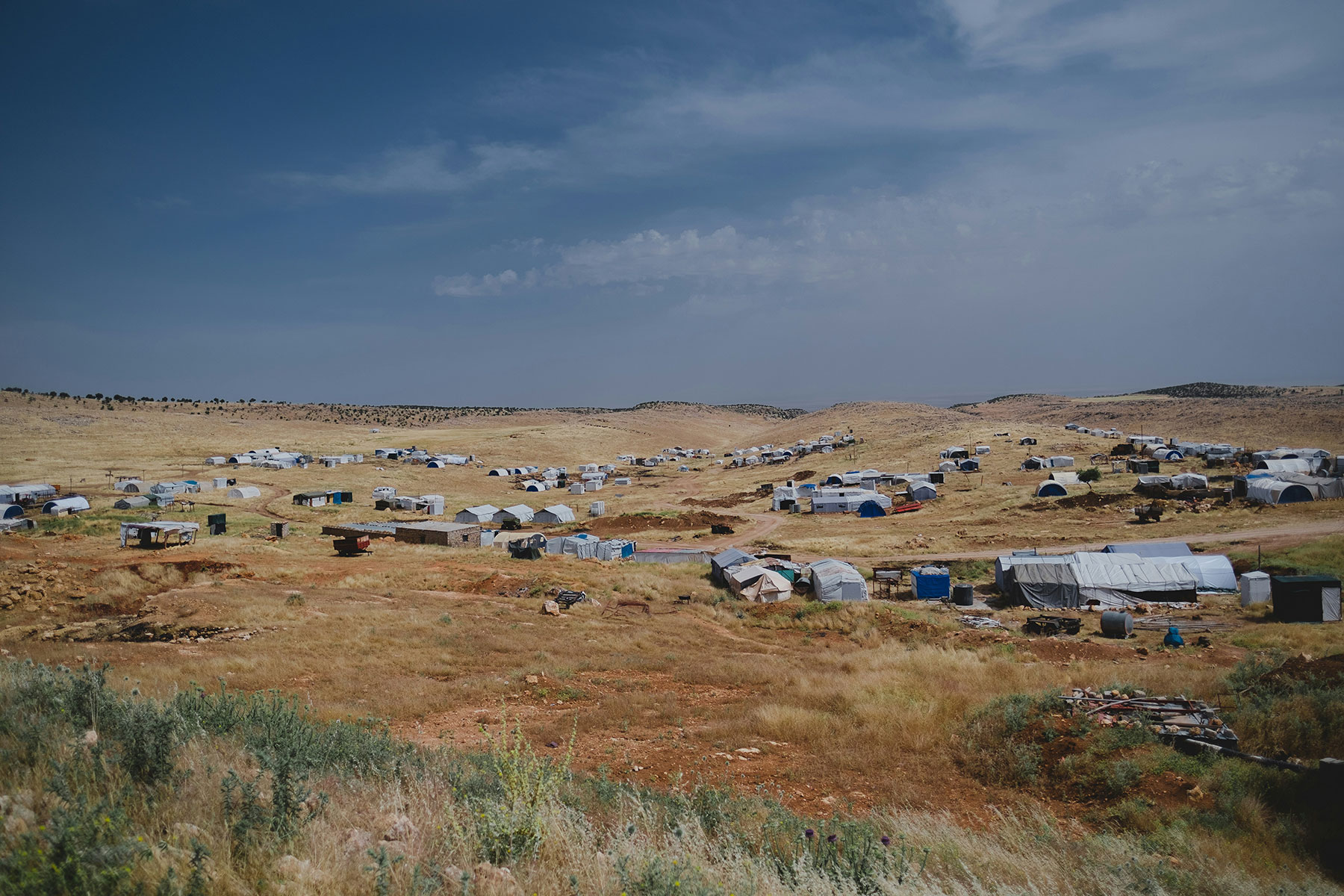
By Erica Zurek and Alander Rocha
Refugees are arriving in the U.S. in greater numbers this year after resettlement counts reached a 40-year low under President Donald Trump. These new arrivals, like those refugees before them, are 10 times as likely as the general population to have post-traumatic stress disorder, depression, and anxiety. Many of them, like Bahige, fled their homelands because of violence or persecution. They then must deal with the mental toll of integrating into new environments that are as different as, well, Wyoming is from Central Africa.
Share This Post!
Racial Trauma
By Mental Health America Racial trauma, or race-based traumatic stress (RBTS), refers to the mental and emotional injury caused by encounters with racial bias and ethnic discrimination, racism, and hate crimes. Any [...]
For Children With a Disability, a Higher Risk of Trauma
By Steven Ross Johnson, US News Research released Wednesday by the Centers for Disease Control and Prevention shows a larger share of children with disabilities between 5 and 17 years of age [...]
Stress & Trauma Toolkit for Treating LGBTQ in a Changing Political and Social Environment
By American Psychiatric Association Violence against the LGBTQ community has increased over recent years. In 2016, the Pulse nightclub shooting in Orlando shocked the nation—with a single gunman killing 49 people and [...]
How Organizations Can Support LGBTQ Youth Facing Trauma
By Center on Child Wellbeing & Trauma As an organization that supports children who have experienced trauma, it’s important to remember that every child’s experience is different. Those in the LGBTQ community need [...]
Trauma-Informed Care
By healthcaretoolbox.org A guide for patients and caregivers to advocate for trauma-informed care in all aspects of healthcare. Read Article [...]
After the Trauma: Helping My Child Cope
By The Center for Pediatric Traumatic Stress at Children's Hospital of Philadelphia and Nemours / Alfred I. duPont Hospital for Children A helpful toolbox to assist parents with what they can [...]







